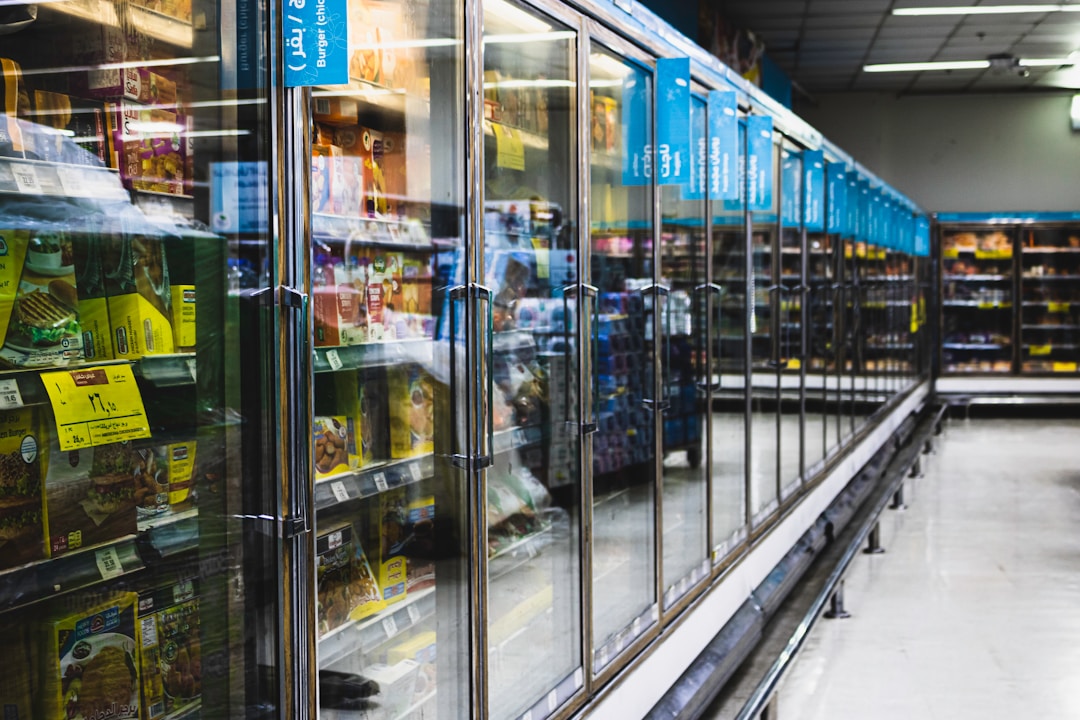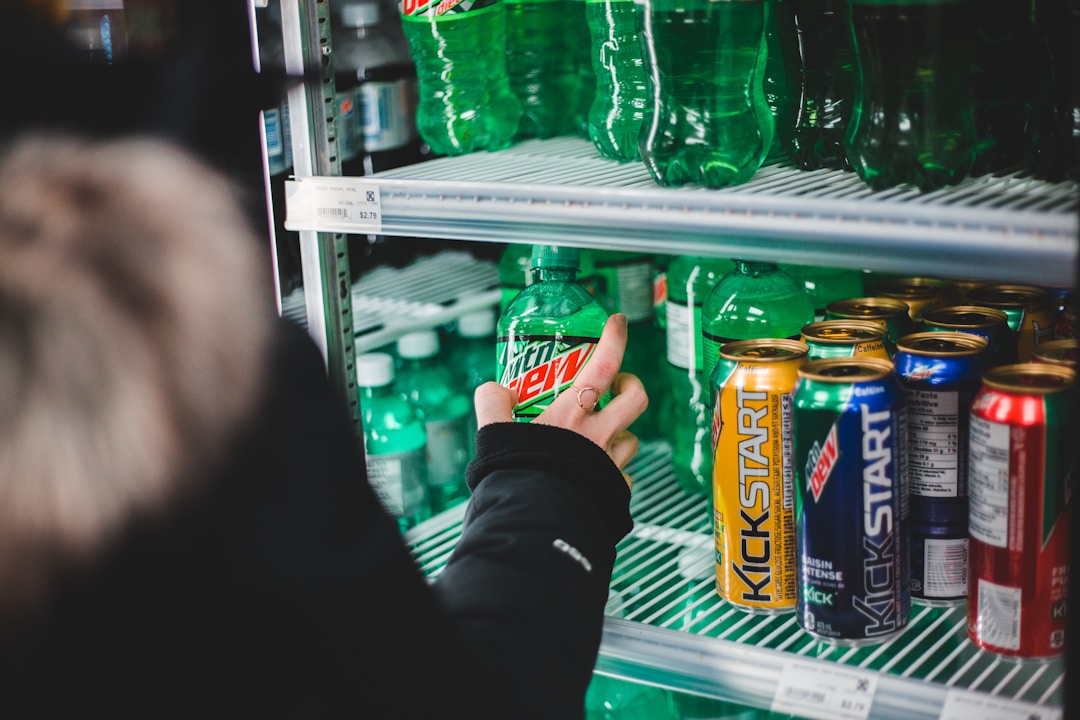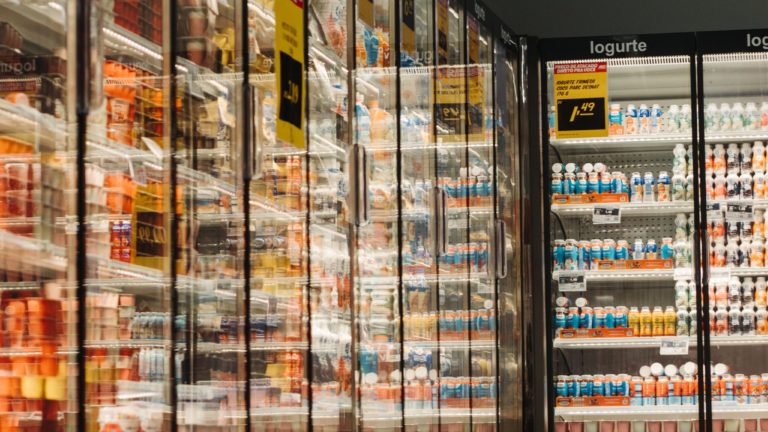There are a lot of tough decisions that have to be made when starting up a small business. If you’re venturing into the grocery store, restaurant, or cold warehouse market, it’s important to assess everything from the aspect of your bottom line and what’s best for the consumer. There’s also the importance of cold storage to ensure that your meat, dairy, and products are kept at the right temperature and fit for use.
Understanding the Cold Chain

Keeping precise cold temperatures throughout a product’s transport is known as the cold chain. This keeps items at the same temperature throughout transportation, so they stay cold from manufacturer to the third-party transporter to the recipient. There are various types of cold storage that can be utilized as a part of a cold chain until food reaches its destination. Mobile refrigerated containers store smaller amounts, while cold rooms keep larger quantities safe.
Blast freezers are among the options that some specific industries use to store products at the end of the cold chain. Some third-party providers will even help those in the food industry figure out customized cold storage setups designed for the business’s specific needs. Depending on where items are going, the cold chain can have its hurdles. After all, certain items have to stay at specific temperatures. You wouldn’t transport dairy and seafood at the same temperature as a lab freezer for a vaccine. It’s important to have proper cold chain logistics support in place to ensure the safe travel and timely arrival of your products.
Commercial Cold Storage

When looking into your options for commercial cold storage, be sure to keep in mind the needs of your business and the volume of products you’re dealing with on a daily, weekly, and monthly basis. Cold storage is needed for meat, dairy, fruits, and vegetables. A proper cold storage facility will maintain the proper temps and provide enough square feet for you to operate comfortably out of.
Most cold storage warehouses are designed to maintain for at least 30 years. Some startups see this as a long-term investment or opt for an existing warehouse that may require new builds or retrofits as time goes by. Cold storage units are also using newer technology to keep products and the people transporting as safe as possible. Logistics providers are following COVID-19 protocols and keeping employees six feet apart.
With a combination of artificial intelligence and robotics, parts of the cold chain avoid having a single positive COVID-19 case shutting down their operations. Newer cold storage facilities also take on energy efficiency with new tools and technologies like efficient motors, sealing, and doors. This also assures greater safety and longevity for the products inside.
Proper Food Safety

It’s important to know how food products stay properly refrigerated from farm to shelf and to understand the right temperatures for consumer safety. According to the U.S. Food and Drug Administration (FDA), perishables or frozen products must be stored within two hours of getting them. It’s important to check labels for refrigeration instructions and health information. Refrigerators should maintain a temperature of 40 degrees Fahrenheit or lower for safe use, while freezers should operate at zero degrees or less. These units should also be cleaned regularly to toss any spoiled items and avoid cross-contamination between products.
While there are greater food service measures to be taken regarding perishable items as a startup, it’s also important to understand proper water storage and other non-perishables. Labrador Canada is among the leading delivery services for bottled water, with an expansive reach throughout the country, including the province of Newfoundland. This assures easy refreshment promptly to the consumers.

